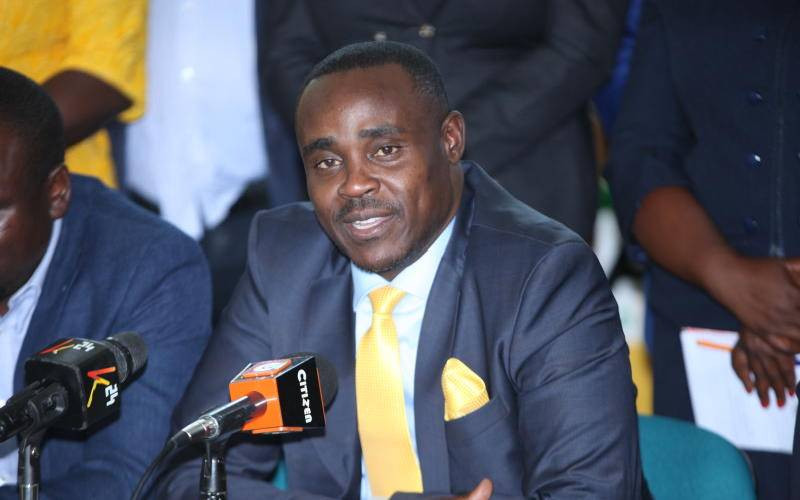×
The Standard e-Paper
Smart Minds Choose Us

The Kenya Kwanza Alliance has an uphill task of convincing 16 affiliate parties to dissolve into a single political party juggernaut that will be used in the 2027 General Election.
The proposal will see all parties hop to the United Democratic Alliance (UDA) as the go to vehicle to clinch seats in the next polls.